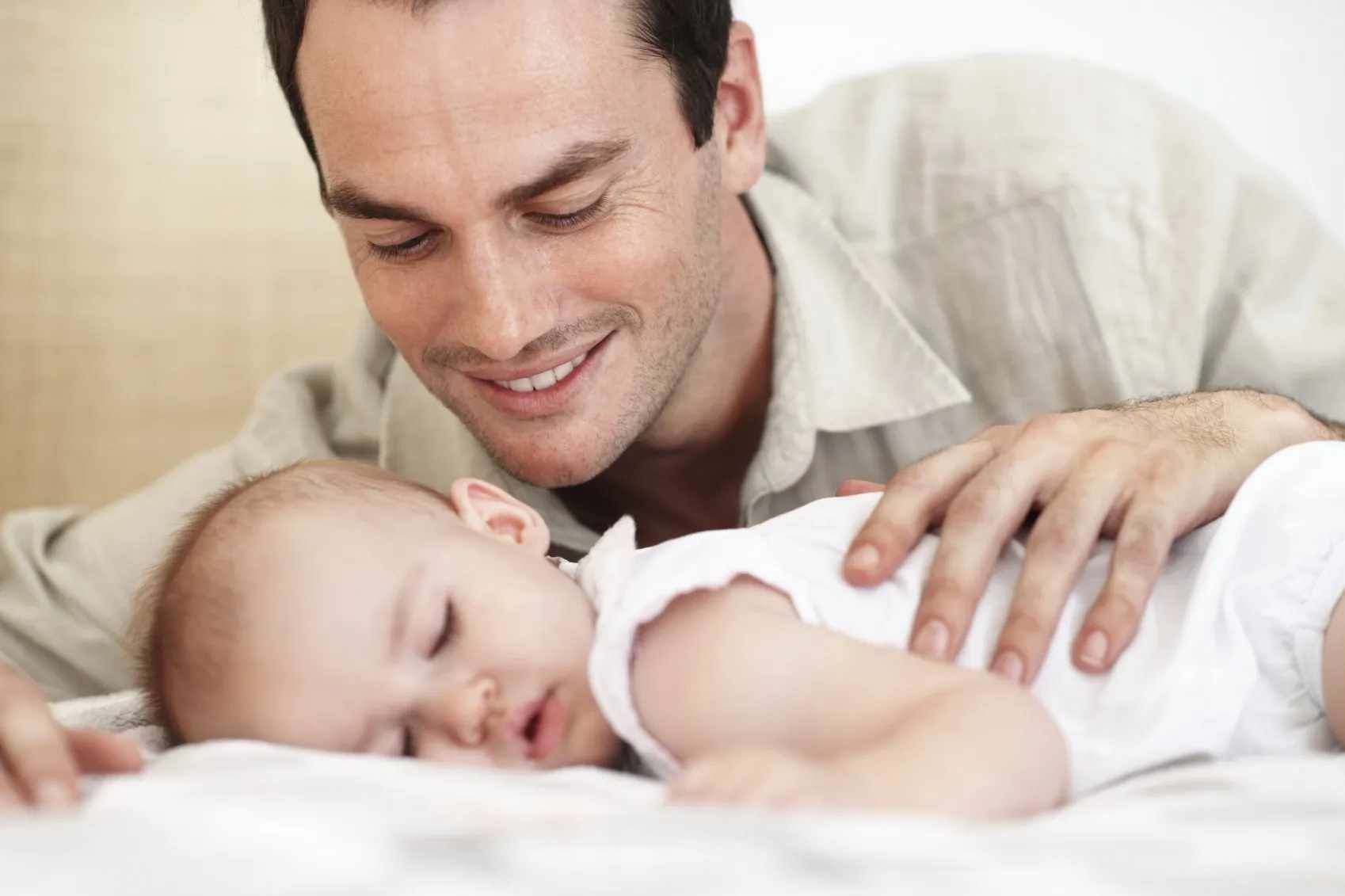You know when you pass a baby in a pram, you have no idea of gender, you might stop and talk to the parent pushing the pram. You find out if the baby is a boy or a girl. Then the stock phrases appear. “She is beautiful” or “ He looks huge”, both are usually met with a prideful smile from the parents.
What are we saying to our future generations? Girls need to be pretty and boys need to be strong? I could wax lyrical all day about the gender gaps but for the purpose of this blog, I would like to consider men’s mental health.
“Big boys don’t cry”
“You’ve got to be a brave soldier”
Boys that cried were bullied at school and were looked upon as something ‘less than’! A boy or man’s tears seems to make the world uncomfortable. A crying man is weak, less manly, pathetic etc. The boy turns into a man often becoming a partner, husband or father. The criticisms begin again:-
“He doesn’t share his feelings with me”
“He’s not good with emotions”
“He never shares what he is feeling with anyone”
Well of course, that has been a lesson learned! The mask is welded shut! Isolation, exile, humiliation and danger are constantly present beyond the mask. Men’s feelings are mocked, dismissed and ignored and society wonders why they are hesitant to ‘share’.
Maybe, in order for men to share their emotional ‘parts’, they are waiting for an invitation into the emotional fold. Maybe a warm welcome isn’t enough.
What if you have never been given the tools to voice, share or even recognise your emotions? If distraction and avoidance have always been your go to in a situation that evokes difficult emotions then it becomes learned behaviour. A defence mechanism and coping strategy!
Talking about how you feel requires training. This training usually happens within the family, culture, society as a whole and with peer groups. All these groups have their own beliefs about males showing emotion. Judgements and criticisms can be rife. I am, of course, talking about males in the UK as I don’t have enough information worldwide. I am also referring to stereotypes and not individuals. These are my thoughts and beliefs.
Half the people I love in my life are male. I know them to be every bit as susceptible to pain, heartbreak, trauma, depression, anxiety, stress, bullying, grief and loss as the females in my life. I know they often don’t have the same support networks or outlets to safely explore something that they may not be able to name. Male mental health is getting more recognition, GOOD, maybe this is the time. We are ready! Our demands on the males in our lives to share their innermost thoughts and feelings and then to accuse them of “not doing it right” needs to change.
Be non-judgemental
Be patient
Listen
Accept the feelings they share, defensiveness at perceived slights can stop any honest conversation dead in its tracks.
We all need to think about our assumptions, prejudices and dismissals. Next time we see a baby in a pram, it might be nice to say “All that potential, I wonder who they will grow up to be?”
My personal hope is that one day I can hear a helicopter down by the River Tay and not have a sense of dread and sadness. Male suicide is the single biggest killer of males under the age of 50. Can we all work together and change that?
For anyone who is struggling with mental distress, please see the crisis numbers on my website and if you would like to explore this scary terrain with a private counsellor, please get in touch.

